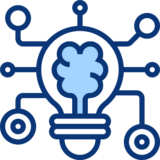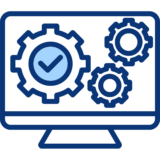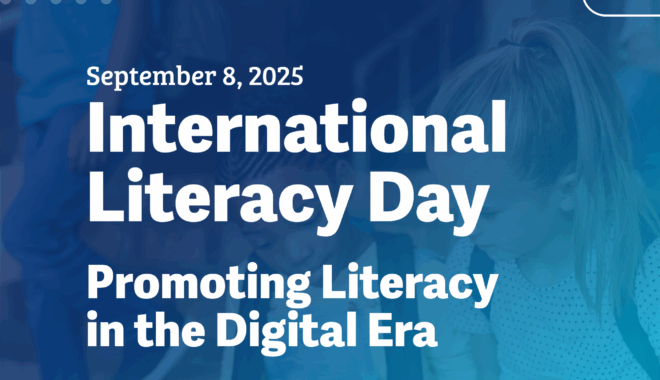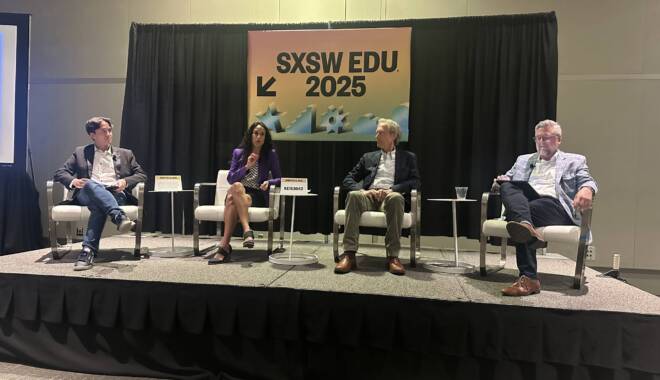Education Services
Review our Education Services below
Featured Products
Review our Featured Education Products below
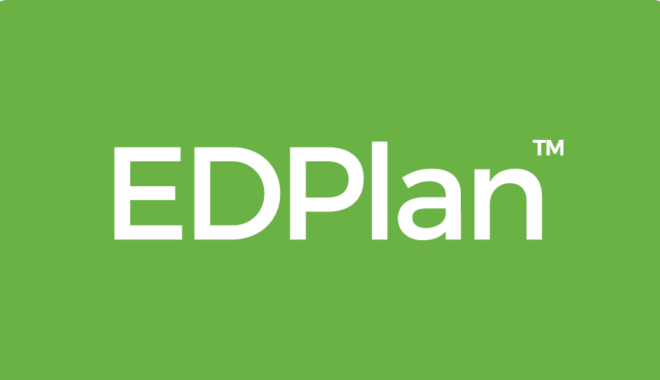
EDPlan – Student Success Platform
EDPlan is a suite of tools and services from PCG that helps you promote a plan for student success—in special education, academics, behavior, and beyond.
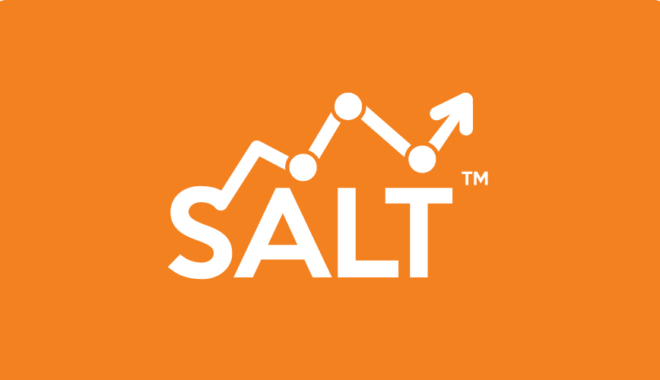
SALT | Standards Alignment Tool Family playing on the beach
SALT™ is the global leader in the emerging field of open learning ecosystems. PCG created SALT to lead and test creation of…
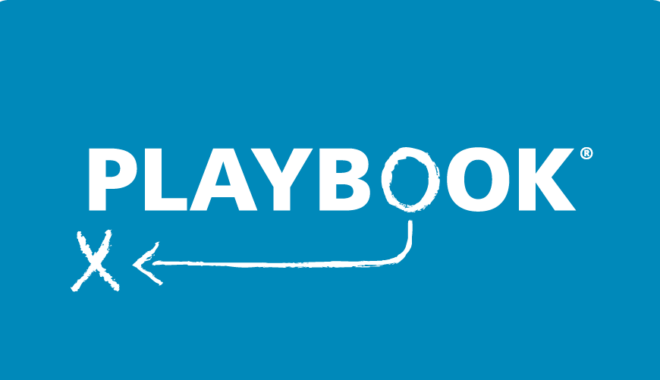
Playbook - Professional Learning Platform
PCG’s Professional Learning Platform (PLP) is a robust educator social networking and collaboration platform offering on-demand, high quality resources…
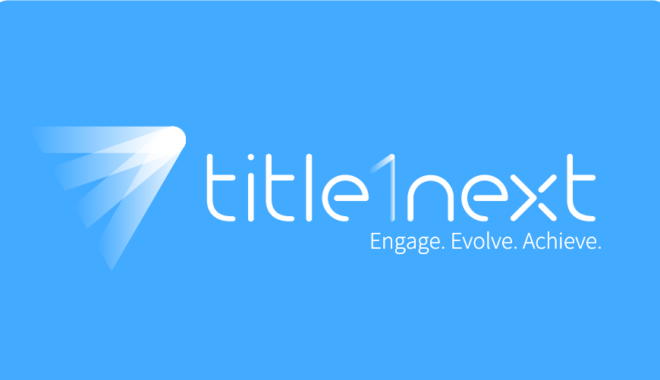
Title 1 Next™ | Optimize Title I Administration and Operational Efficiency
PCG’s Title 1 Next™ provides documentation management and supports district-wide compliance monitoring for all…
EDPlan - Student Success Platform
EDPlan is a suite of tools and services from PCG that helps you promote a plan for student success—in special education, academics, behavior, and beyond. EDPlan’s features have been designed in partnership with teachers, education professionals, and project management experts; it is used in more than 30 states, supporting thousands of schools and districts nationwide.
Learn MorePCG’s Focus Areas
PCG’s Focus Areas serve to support organizations, as they strive to meet and exceed goals, improve performance, and fully invest in the people who drive their success.
Featured Education-Related Industry Resources
Review our featured Education-Related Industry Resources below. Click here to review our Education-Related Thought Leadership document library.

PCG’s Behavioral Threat Assessment (BTA) Solution – Video
Public Consulting Group (PCG) is excited to offer the online courses, Behavioral Threat Assessment & Management (BTAM) 101 & 102: The Salem-Keizer Cascade Model. This leading model was developed over 20 years by an educator…

EDPlan™ Student Success Platform – Video
Whether it’s processing claims data for reimbursement assisting with audits or advising on program and policy decisions EDPlan™ can help. Learn about EDPlan™, the nation’s leading suite of web-based special education solutions.
Education Industry Leadership
Our People Matter Most.
PCG provides schools, school districts, and state education agencies with teaching and learning solutions, data-driven instruction, customized technology plans, fiscal efficiency, and strategies to disrupt inequitable practices—to create safe and inclusive environments.
Education-Related Stories
“Our team at PCG developed a quick-reference guide for school-based leaders to utilize when addressing the four updated key priorities outlined in the U.S. Department of Education’s “Return to School Roadmap.”” Learn more!”
Mauria Uhlik, Ed.D.
Senior Advisor, Education
Public Consulting Group
“Creating educational equity means each child has the opportunity for improved academic achievement, leading to improved future opportunities for career, income, housing, health, and quality of life. With educational equity, each community is better positioned to have more educated members, leading to improved future opportunities, such as a thriving and self-sufficient community…”
Dr. Cassandra Davis, Ed.D.
Senior Consultant, Education
Public Consulting Group
Other Industry Solutions
PCG has designated areas of expertise, each with a proven track record of achieving results. Relying on collaboration among experts from multiple fields, we take a multi-disciplinary approach to solving problems in education, health, human services, technology, and the federal marketplace. If your organization is facing a challenge, let’s solve it together.

